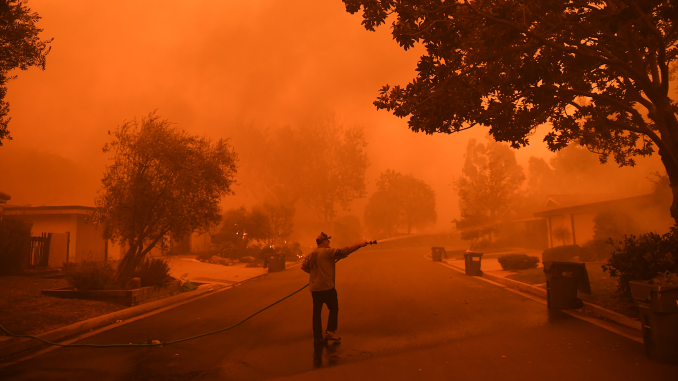
Instead of creating a potential risk for tomorrow, climate change has already arrived in its urgent capacity as an immediate reality with serious implications for human health around the world. If the current trend continues, this ecological disaster will only worsen. For example, natural disasters such as typhoons and earthquakes together bring about shifts in entire ecosystems; rising global temperatures make them even more frequent and severe as well. In fact climate change has become one of the most important public health issues we face today.
As global temperatures rise, the health risk of falling victim to a natural disaster on account of suddenly erupting anoxic events is growing ever worse. Heat-related diseases–including stroke, heat exhaustion, sunburns, etc.–are increasing on a gradient from the very old to newer generations more and more. The presence in such heat-trapping infrastructure both makes it harder to remove heat and turns cities into powerful magnets for incoming waves of tropical air known as the urban heat island effect. This intensifies greatly any extreme heat, killing both plant and animal life with impunity for about three weeks.
Air Quality and Respiratory Diseases Climate Change worsens air quality by increasing ground-level ozone and particulate matter, leading to worse respiratory conditions, heart attacks, other diseases. Warmer temperatures and longer growing seasons also mean more pollen, resulting in a longer allergy season which is more severe than ever before. Sufferers of asthma, in such areas as the U.S. East Coast, have it much worse.
The availability of habitats for vectors that transmit diseases changes as regional climate patterns change. The spread of such things as malaria, dengue fever and zika virus, and Lyme disease are commonly brought at times to warm wet areas –which is what attackers thrive on. It is a new problem for some places to be faced with diseases they have never experienced before. The result is that an extraordinary load is being thrust on public health services nowadays.
Impact of climate change on poverty Droughts, floods, and anomalies in weather pattern as a result of climate change affect agricultural productivity directly–the subsequent effects on stabilizing food production are extremely far-reaching. As harvests drop off, malnutrition and hunger are becoming more caught up with us every day on a global scale. At the same time, extreme climatic phenomena like hurricanes pollute water sources, giving rise to diseases such as cholera and dysentery. These problems involve economically backward countries in particular–so creating an unfair global disparity of health.
Mental health consequences The social and psychological implications of climate change are often neglected, yet cannot be ignored. Those who suffer from trauma due to being forcibly uprooted because of extreme weather, the loss of their means of support and uncertainty about their future will of course be prone to anxiety, depression or post-traumatic stress syndrome. The most disadvantaged people in areas frequently hit by disasters and hence with little time between one event and the next to recover from itexist poorest off.
The Importance of Public Health Systems
Public health systems across the world are straining to cope with the multiple influences of climate change. We must build up medical infrastructure, perfect surveillance systems for infectious diseases and create an open-ended early warning network. Publicjeting campaigns, regulating floor temperature, controlling water conservation… all of these will greatly reduce health risks.
Joint Responsibility for Mitigating and Adapting to Climate Change
The health-specific nature of the drive to address climate change is evident. Growth of green trillion output, the gradual replacement of carbon dioxide emissions with renewable energy, and establishment control of environmen talprotection facilitiesare effective methods in this battle againstclimate change. In addition, a series of measures transferred to a different environment (improving the quality of building town, expanding access to health care and drug provision,investing in safely placed halls on the street where people) are indispensable manna for these people who don’t get benefits from society but will suff1~
CONCLUSION
Climate change’s enormous and complex impacts on public health are one of the biggest concerns of today. The imperative to solve these health issues is increasing as the globe keeps on heating up. Governments, organizations and individuals should work together to devise solutions that satisfy the needs of nature as well as the people themselves. The alternative–to do nothing at all–will result in great loss to both environment and mankind.